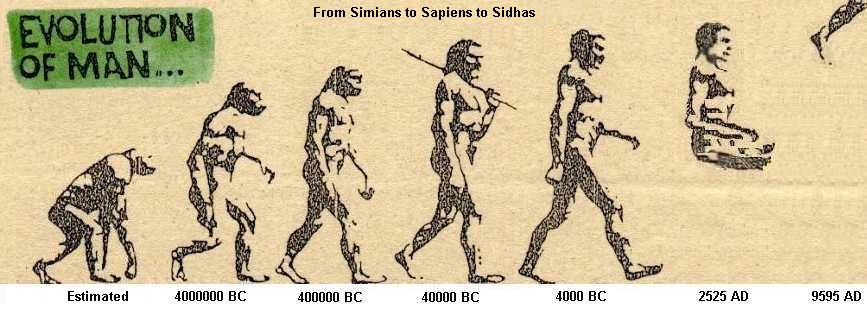here is a thread i wrote ages ago,,,,,
im not sure if i too the concept too far, but its a cool thread ither way
Domestication Syndrome and "Lamarck, the scourge of neo-Darwinists"
http://www.icmag.com/ic/showthread.php?t=140661&page=2
im not sure if i too the concept too far, but its a cool thread ither way
Domestication Syndrome and "Lamarck, the scourge of neo-Darwinists"
http://www.icmag.com/ic/showthread.php?t=140661&page=2







